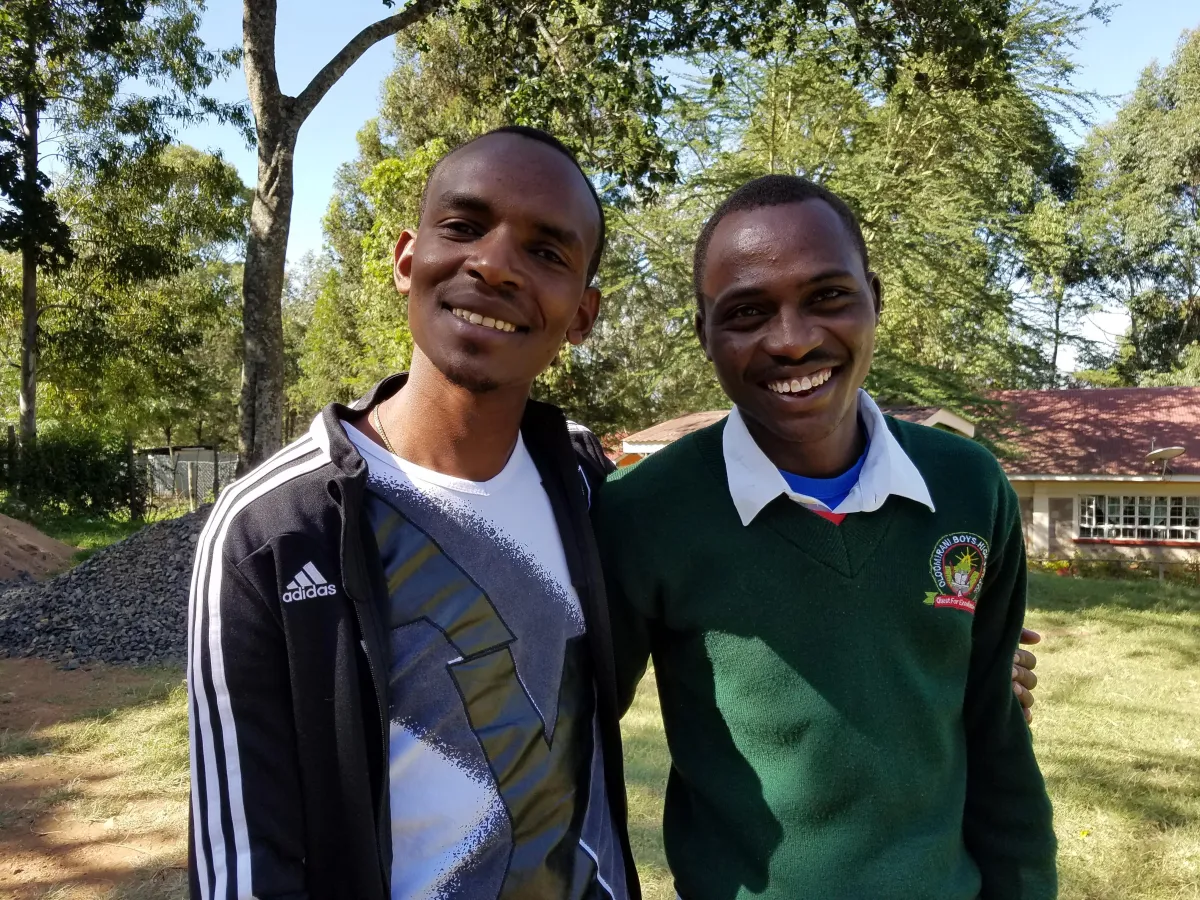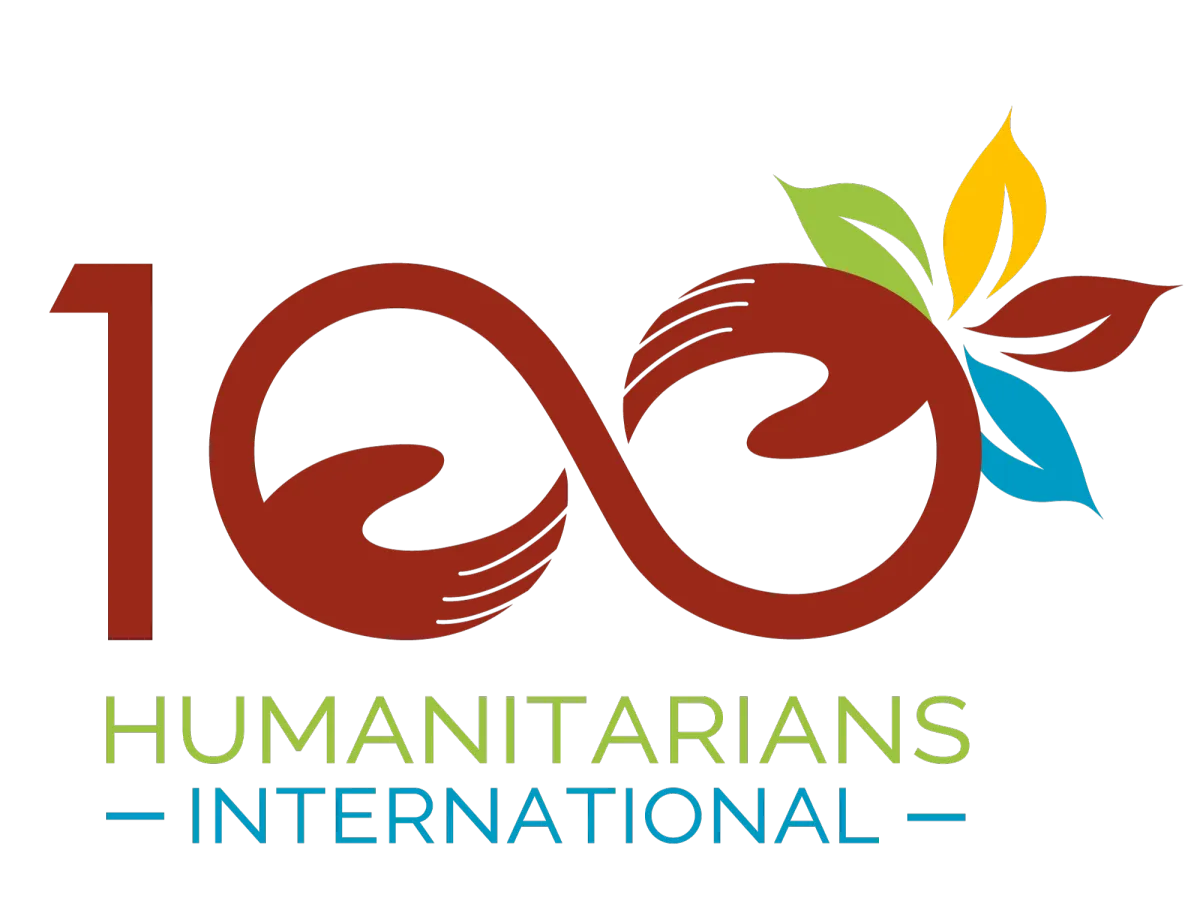Empowering Students: The Impact of Education on Children Living Below the Poverty Line in Kenya
Empowering Students: The Impact of Education on Children Living Below the Poverty Line in Kenya
Introduction: The Transformative Power of Education
For children living below the poverty line, education is not just a way to gain knowledge—it is a pathway to a better future. In rural areas of
Kenya, where poverty is widespread, access to education has the power to break the cycle of poverty and open doors to opportunities that were once unimaginable. 🌍
For many children in rural Kenya, attending school means more than just learning to read or do math. It means gaining the skills, confidence, and knowledge needed to pursue a brighter future. Education is a critical factor in empowering children, enabling them to build a foundation for economic independence, better health, and
personal growth. 💚
The Impact of Education on Children Living in Poverty
The positive impact of education on children living below the poverty line cannot be overstated. It provides a solid foundation for a wide range of opportunities that can transform both their lives and their communities.
Breaking the Cycle of Poverty: For many children, education is the first step toward breaking free from poverty. By providing children with access tobasic literacy and numeracy skills, education opens up opportunities forbetter-paying jobsand enables them to contribute to their families' financial stability. A child who receives an education is more likely to secure employment and lift their family out of poverty. 🌱
Improving Health Outcomes: Education also plays a significant role in improving health outcomes for children and their families. Educated children are more likely to understand the importance ofhygiene,nutrition, andpreventive healthcare. They are better equipped to make informed decisions that promote their well-being and that of their families. 🌿
Fostering Confidence and Aspirations: Attending school gives children a sense of self-worth and confidence. It allows them to dream beyond their current circumstances and strive for something greater. When children are encouraged and supported in their education, they begin to see a future full of possibilities, and their aspirations grow. This sense of hope is crucial for fostering resilience and determination. 🌟
Stories of Transformation: The Impact of School on Individual Lives

Moses Masoi and Fred Njapit - The First Student
The true power of education can be seen in the stories of children whose lives have been changed by the opportunity to attend school. 🌸
In 2015, when we were first getting started as a new humanitarian organization, Moses Masoi, our Executive Director in Kenya, asked us to sponsor our first student. His name is Fred Njapit. Fred's story is a challenging one to hear, and it's best that you hear it from him yourself on an expedition. He comes from a very poor family on the Maasai Mara, and his father passed away when he was very young. Because polygamy is legal in Kenya, and practiced within the Maasai tribe, he didn't just leave Fred's mother a widow, but several more of his wives became widows. This is one of the biggest challenges when a husband with several wives passes away. Because the women aren't allowed to own land or businesses, they are left destitute.
Sponsoring Fred through high school wasn't easy. School was a struggle for him, and school fees for high school are expensive. In Kenya, they go to boarding school, so sponsorship includes the school fees and all of the supplies. When Fred was out of school on Holiday, he would work with our expedition teams to help us out and earn a bit of money. Fred started high school at the age of 19, so he was older than many of the other students. We were able to visit him at his school on one of our expeditions, and he later told us that it was the only time anyone ever visited him.
Today, Fred is our Community Director on the Maasai Mara, and manages several projects for us. When we expanded the Garden Tower Project to the Maasai Mara, Fred was our obvious choice to head up the expansion. He joined us on an expedition to Western Kenya, where he learned to sew the garden towers, and talked with the other community directors about how to run the project.
He is now married, and has built thousands of Garden Towers with families. He's influential in his community, and is often the resource for families who are struggling with self-reliance. His life has changed dramatically, and he now has the education and training to rise above poverty for future generations of his family.
The Role of Community Support in Enhancing Education
Providing education to children living in poverty requires a collective effort from the entire community. Community support is vital to ensure that children have the resources, encouragement, and safe environments needed to thrive in school.
School Fees Assistance: One of the major barriers to education for children living below the poverty line is the inability to pay school fees. By providing financial assistance for school fees, organizations like 100 Humanitarians help ensure that children can stay in school and continue their education without interruption.
Parental and Community Involvement: Encouraging parents and community members to actively support children's education is crucial. When parents understand the value of education and are involved in their child's learning journey, it has a positive impact on the child's motivation and performance in school. Community engagement also helps create a supportive environment that prioritizes the education and well-being of all children. 🌱
Provision of Resources: Many schools in rural Kenya face challenges due to a lack of resources, such as textbooks, teaching aids, and classroom facilities. Providing these essential resources helps create a more dynamic learning environment and ensures that students have access to quality educational content. 🌿
Expanding Access to Education: Future Opportunities
The journey of providing education to children living in poverty is ongoing, and there are many opportunities to expand access and improve the quality of education in rural Kenya. 🌍
Expanding School Fees Support: By increasing our efforts to provide school fees support, we can help more children stay in school and receive the education they deserve. Ensuring that financial barriers do not prevent children from accessing education is key to breaking the cycle of poverty.
Vocational and Skills Training: In addition to traditional classroom education, providing opportunities for vocational training and skills development like sewing, can help students gain practical skills that are in demand in the job market. By offering vocational training, we can help young people transition from education to meaningful employment and create a pathway to economic independence.
Leveraging Technology: Introducing digital tools and technology in the classroom can enhance learning experiences and open up new possibilities for both teachers and students. By expanding access to digital resources and training, we can ensure that children in rural areas are prepared for the modern world and have the skills needed to succeed. 🌟
Education is one of the most powerful tools we have to break the cycle of poverty and create lasting change. For children living below the poverty line in Kenya, attending school is a life-changing opportunity that empowers them to build a brighter future for themselves and their families.
By expanding access to education, providing school fees support, and creating opportunities for vocational training, we are helping children gain the skills, confidence, and knowledge they need to succeed. Together, we can create a future where every child, regardless of their background, has the opportunity to learn, grow, and achieve their dreams.
Join us in expanding access to education for children in Kenya. Your support can help provide school fees assistance, resources, and opportunities for skills development that will empower students to build a better future. Donate Today!
Get Involved with 100 Humanitarians
Each week, we send project updates to your inbox, so that you know exactly where your donations go.
We also keep you updated on volunteer opportunities and expeditions to Kenya.

We will not sell your information to anyone, and you can opt-out at any time.

100 Humanitarians International is a 501(c)(3) nonprofit recognized by the IRS, and all donations to 100 Humanitarians International are tax-deductible in accordance with IRS regulations. EIN #82-1048388
South Jordan, Utah
801-432-0105
